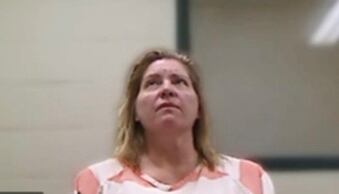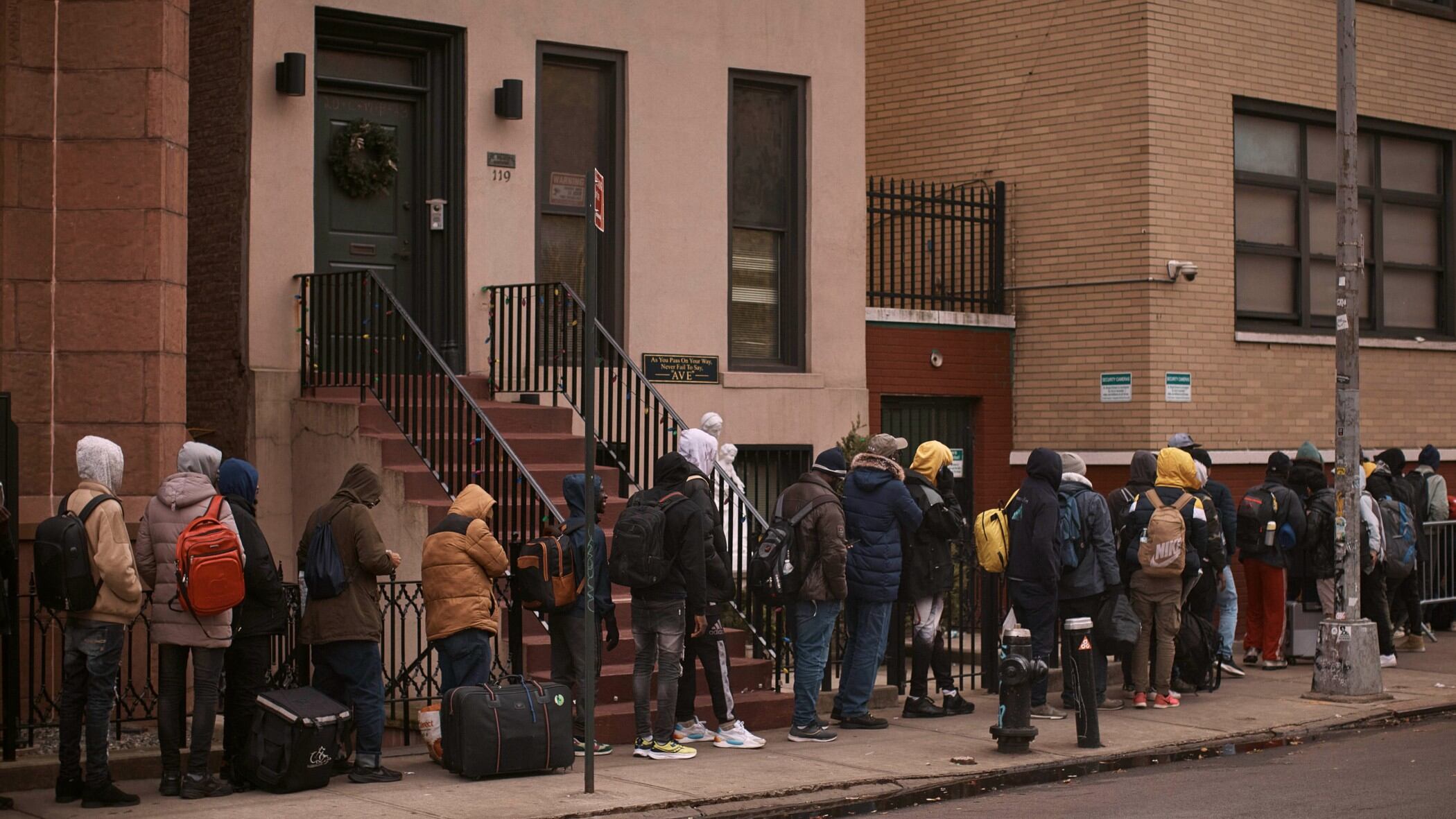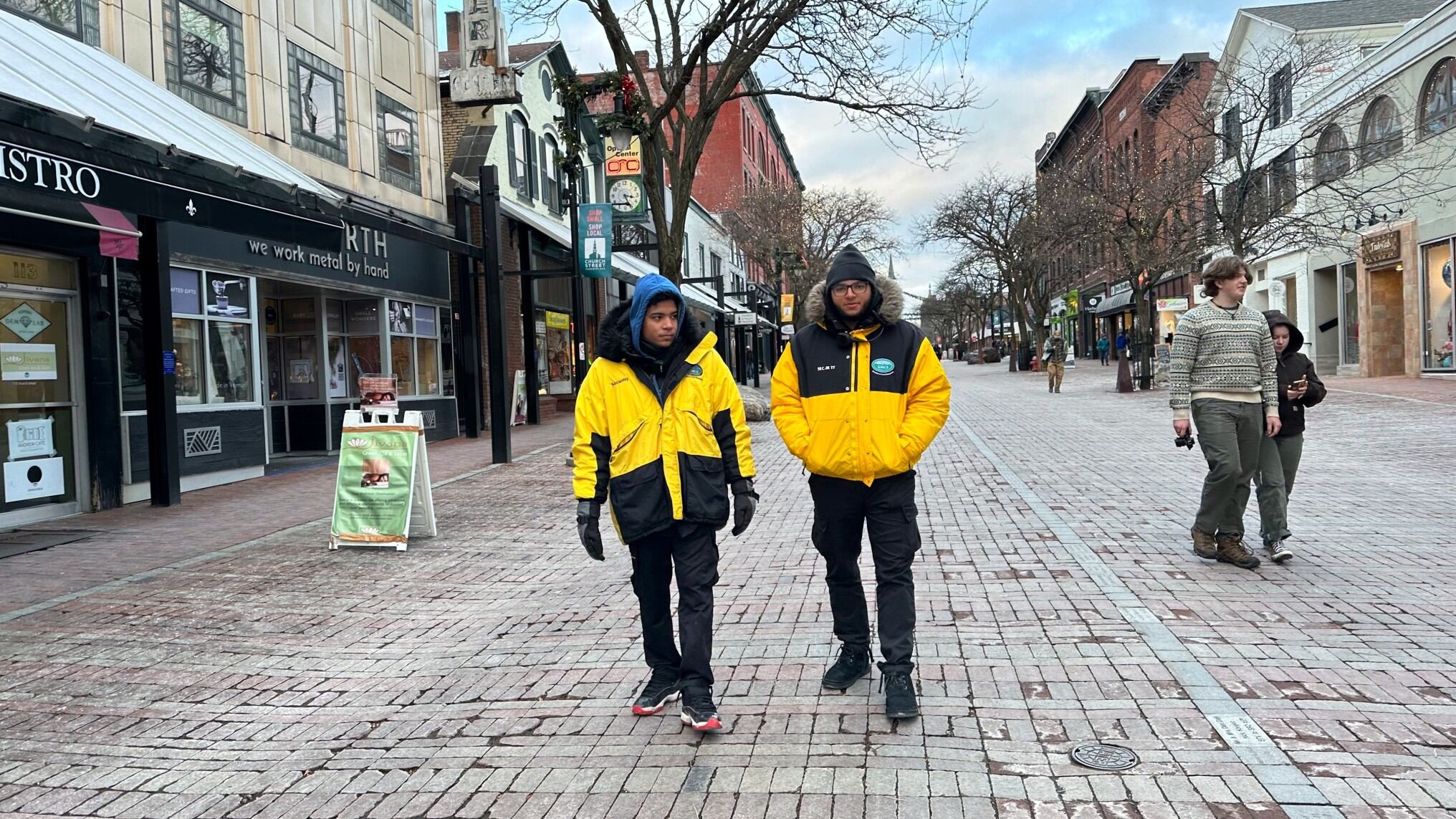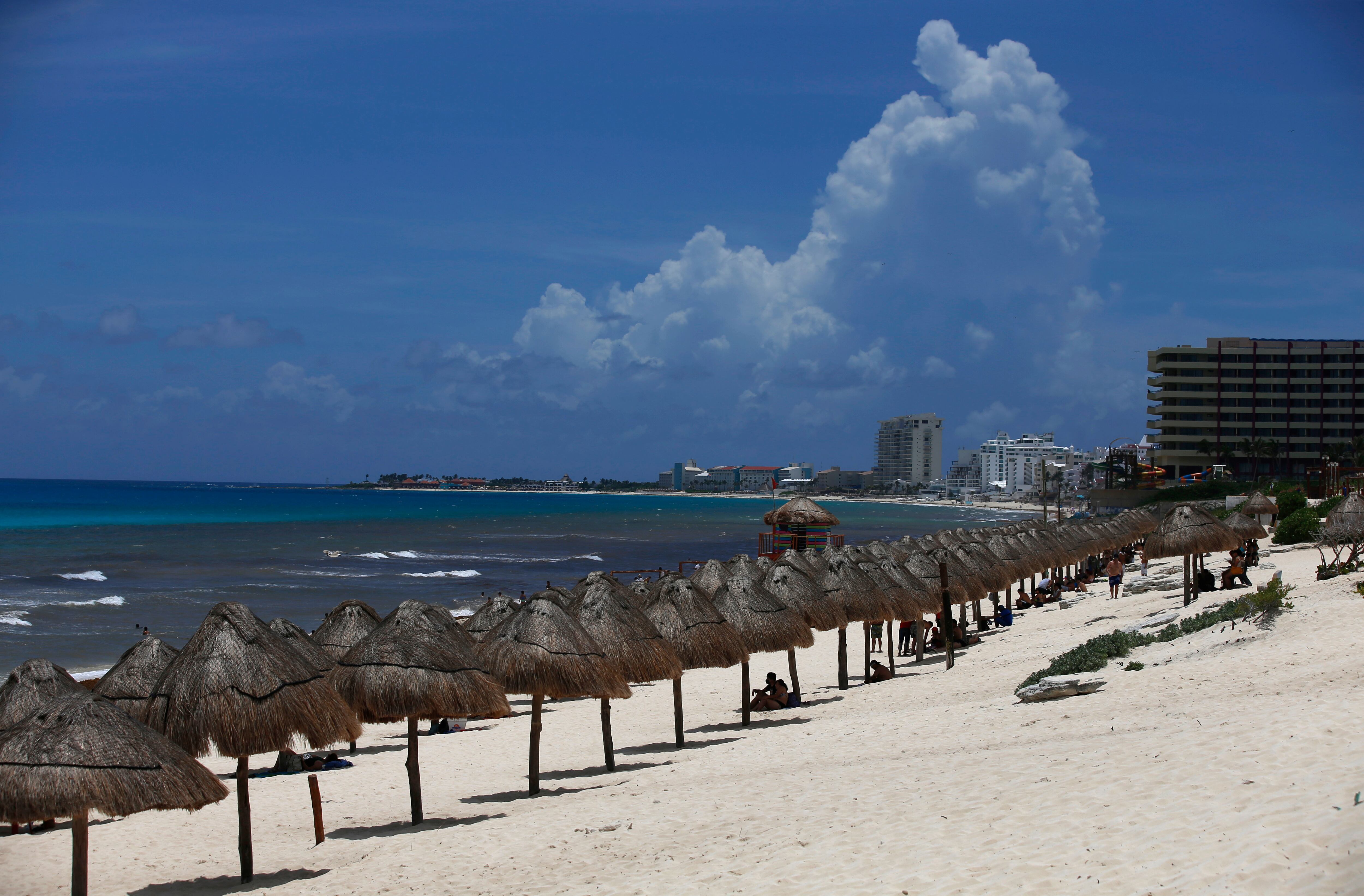U.N. officials said Tuesday that one side in the Sudan conflict has seized control of a national health lab in the capital of Khartoum that holds biological material, calling it an “extremely dangerous” development.
The announcement came as officials warned that more refugees could flee Sudan despite a cease-fire between rival forces.
The fighting has plunged Sudan into chaos, pushing the already heavily aid-dependent African nation to the brink of collapse. Before the clashes, the U.N. estimated that a third of Sudan's population — or about 16 million people — needed assistance, a figure that is likely to increase.
Dr. Nima Saeed Abid, the World Health Organization's representative in Sudan, expressed concerns that “one of the fighting parties” — he did not identify which one — had seized control of the central public health laboratory in Khartoum and “kicked out all of the technicians."
“That is extremely, extremely dangerous because we have polio isolates in the lab. We have measles isolates in the lab. We have cholera isolates in the lab,” he told a U.N. briefing in Geneva by video call from Port Sudan. “There is a huge biological risk associated with the occupation of the central public health lab in Khartoum by one of the fighting parties.”
The expulsion of technicians and power cuts in Khartoum mean “it is not possible to properly manage the biological materials that are stored in the lab for medical purposes," WHO said.
The lab is located in central Khartoum, close to flashpoints of the fighting that pits Sudan's military against the Rapid Support Forces, a paramilitary group that grew out of the notorious Janjaweed militias implicated in atrocities in the Darfur conflict.
Since the outbreak of fighting on April 15, at least 20,000 Sudanese have fled into Chad. Some 4,000 South Sudanese refugees who had been living in Sudan have returned to their home country, U.N. refugee agency spokeswoman Olga Sarrado said.
The figures could rise, she cautioned. Sarrado did not have numbers for the five other countries neighboring Sudan, but the UNHCR has cited unspecified numbers of those fleeing Sudan arriving in Egypt.
“The fighting looks set to trigger further displacement both within and outside the country,” she said, speaking at a U.N. briefing in Geneva.
The UNHCR was scaling up its operations, she said, even as foreign governments have raced to evacuate their embassy staff and citizens from Sudan. Many Sudanese have desperately sought ways to escape the chaos, fearing late their all-out battle for power once evacuations are completed.
Several previous cease-fires have failed, although intermittent lulls during the weekend’s major Muslim holiday allowed for dramatic evacuations of hundreds of diplomats, aid workers and other foreigners by air and land.
More than 800,000 South Sudanese refugees live in Sudan, a quarter of them in the capital of Khartoum, where they are directly affected by the fighting. Overall, Sudan hosts 1.1 million refugees, according to the UNHCR. There are also more than 3 million internally displaced persons, mostly in Darfur, a region mired in decades-long conflict, it said.
Along with the refugees, the U.N. migration agency said there are 300,000 registered migrants, as well as tens of thousands of unregistered migrants in the country.
Marie-Helene Verney, the UNHCR's chief in South Sudan, said from its capital of Juba that “the planning figure that we have for the most likely scenario is 125,000 returns of South Sudanese refugees into South Sudan, and 45,000 refugees,” Sudanese fleeing the fighting.
The U.N. Population Fund has said that the fighting threatens tens of thousands of pregnant women, including 24,000 women expected to give birth in the coming weeks. For 219,000 pregnant women across the country it is too dangerous to venture outside their homes to seek urgent care in hospitals and clinics amid the clashes, the agency said.
Dozens of hospitals have shuttered in Khartoum and elsewhere across the country due to the fighting and dwindling medical and fuel supplies, according to the Sudanese Doctors’ Syndicate.
“If the violence does not stop, there is a danger that the health system will collapse,” the U.N. agency warned Friday.
The International Committee of the Red Cross welcomed the announced cease-fire as a “potential lifesaver for civilians” trapped in their homes in fighting-hit areas.
“It’s clear that this ceasefire must be implemented up and down the chain of command and that it must hold for it to give a real respite to civilians suffering from the fighting,” said Patrick Youssef, ICRC’s regional director for Africa. He called on the international community to help find a “durable political solution to end the bloodshed.”
Spokesman Jens Laerke of the U.N. Office for the Coordination of Humanitarian Affairs, said it has been forced to “reduce our footprint” because of the fighting. He pointed to “acute shortages of food, water, medicines and fuel and limited communications and electricity” and new reports of looting of humanitarian warehouses and aid stockpiles.
“The humanitarian needs in Sudan were already at record levels before this recent eruption of fighting … some 15.8 million people — that’s about a third of the population — required humanitarian assistance,” he said.
Some 3,000 people fled the fighting in Khartoum and took shelter at a refugee camp in the eastern province in al-Qadarif, further stretching the camp’s resources, Mohammed Mahdi, deputy director for programs at the International Rescue Committee, said Tuesday.
The Tunaydbah refugee camp, he said, houses around 28,000 refugees, mostly Ethiopians who fled a devastating war in Ethiopia’s northern region of Tigray in late 2020.
Other aid agencies, including the World Food Program, were forced to suspend or scale down its operations in Sudan following attacks on aid workers and humanitarian compounds and warehouses. At least five aid workers, three from the WFP, have been killed since April 15.
The WFP has said its offices and warehouses in Nyala, the provincial capital of South Darfur, were attacked and looted last week. An ICRC office in Nyala was also looted, and warehouses for the Sudanese Red Crescent in Khartoum were attacked last week by armed men who took several of their vehicles and trucks, the charity said.
Arshad Malik, country director with Save the Children Sudan, urged the warring sides to ensure protection for humanitarian workers to allow resumption of aid flow in Sudan.
“Now we’re seeing more children than ever going hungry. About 12% of the country’s 22 million children are going without enough food,” he said.












